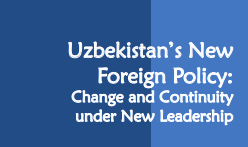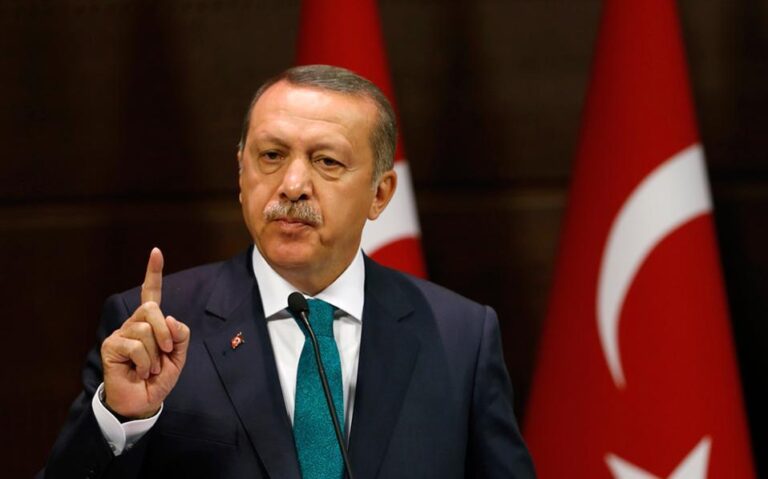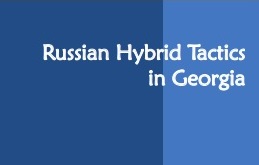Russian Hybrid Tactics in Georgia
Uzbekistan's New Foreign Policy: Change and Continuity under New Leadership

Central Asia: Where did Islamic Radicalization Go?
By Svante E. Cornell
in Religion, Conflict and Stability in the Former Soviet Union, eds. Katya Migacheva and Bryan Frederick, Arlington, VA: RAND Corporation, 2018.
Erdogan's Turkey: the Role of a Little Known Islamist Poet

January 2, 2018
When President Trump announced that the US had recognized Jerusalem as Israel’s capital, the region prepared for violence. Aside from a few days of sporadic protests, relatively little happened. Most Arab leaders – Saudi Arabia chief among them – took the decision in their stride. The one major exception was Turkey. This intriguing op-ed explores why the NATO ally has reacted as it has. Read on! The Editor.
America Needs Clear Strategy for China's Presence in Central Asia
By Mamuka Tsereteli
Since the Barbary Wars of the early 19th century, the United States has been involved in protecting trade routes while advancing a policy of open trade and shared access to resources. Free access to global commodities like oil, grains and metals remains an important goal of the U.S. national interest, guaranteeing global economic and political stability.



